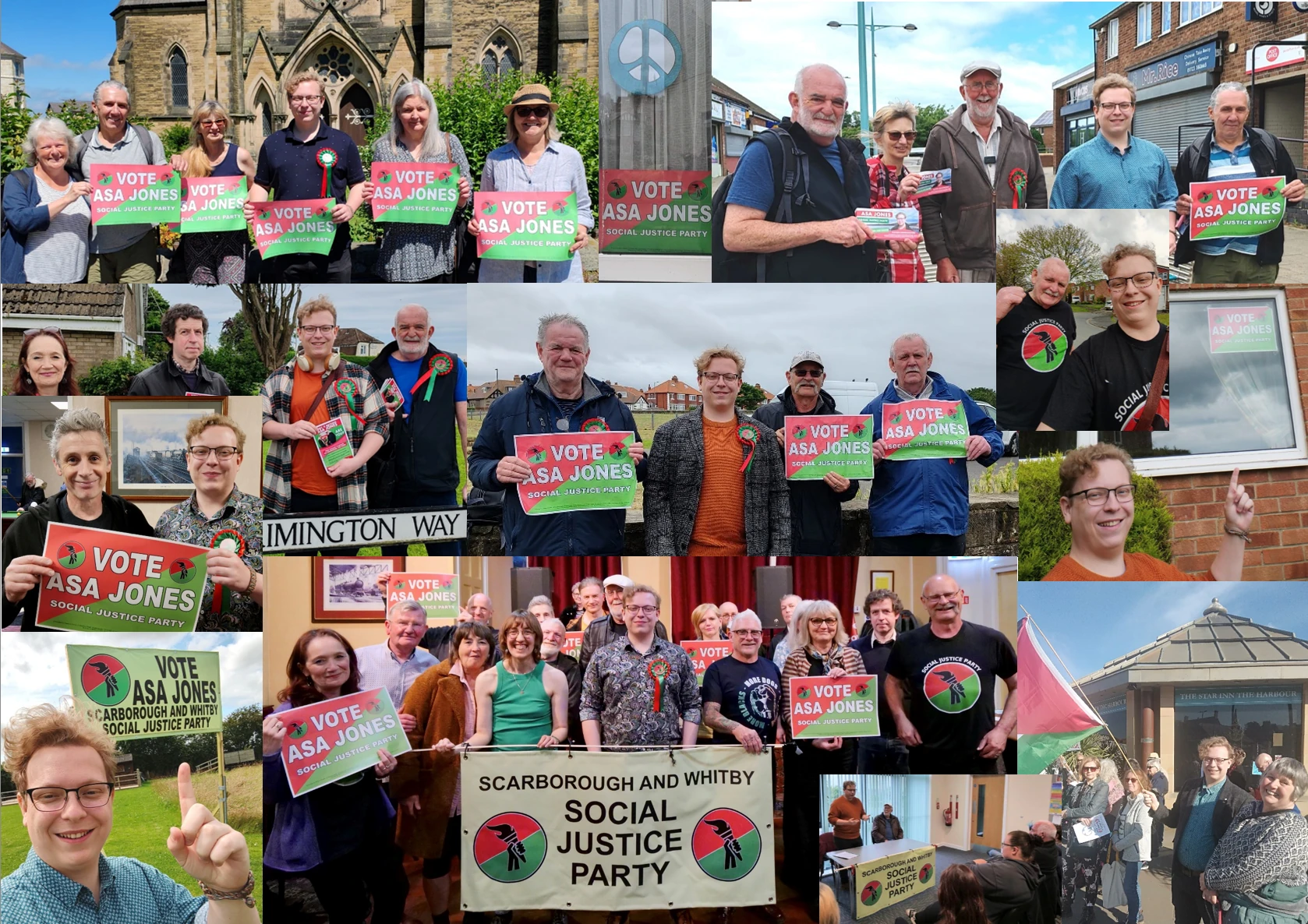Martin Luther King Jr. Day serves as a poignant reminder of the enduring struggle for social justice, particularly within the context of the Baha’i teachings. This annual observance invites individuals to reflect on the legacy of Dr. King and the universal principles that align closely with the Baha’i Faith’s advocacy for social equity and justice. The observance prompts not only a commemoration of past achievements but also a proactive commitment to the ongoing fight against systemic inequalities. In exploring this intersection, one finds that Baha’i teachings illuminate deeper insights into the principles of justice, equality, and the importance of community.
At the heart of the Baha’i Faith lies the conviction that humanity is fundamentally united. This principle is intricately connected to the social justice initiatives championed by figures like Dr. King. The recognition of oneness entails an understanding that the issues faced by one segment of humanity inevitably affect the entire community. King’s advocacy for civil rights in the United States resonated with this notion. He articulated that an injustice anywhere is a threat to justice everywhere. This essential tenet emphasizes the Baha’i belief that true justice cannot exist in isolation; rather, it must encompass the welfare of all peoples, transcending borders and prejudices.
Dr. King’s imprisonment in Birmingham in 1963 serves as an emblematic episode that underscores the struggles faced by many activists for social justice. His “Letter from a Birmingham Jail” eloquently articulates the frustration experienced when confronted with the apathy of moderates and the hostility of oppressors. Baha’is recognize in his words a profound understanding of the transformative power of nonviolent resistance. This echoes the Baha’i commitment to peaceful advocacy and the rejection of violence as a means to achieve social change. The Baha’i teachings encourage believers to engage in constructive dialogue and to seek solutions that promote unity, while acknowledging the necessity of standing firmly against injustice.
The teachings of Baha’u’llah, the founder of the Baha’i Faith, emphasize the importance of action rather than complacency. His writings exhort individuals to actively contribute to the betterment of society. The principle of service, central to Baha’i belief, aligns with King’s call to action. Service is not merely an act of charity; rather, it is a profound obligation to advocate for rights and uplift those who are marginalized. This aligns seamlessly with King’s ethos, which posited that moral obligation should motivate individuals to fight against oppression and inequality.
Baha’i teachings also provide an expansive view of justice, integrating economic, racial, and social dimensions. In contrast to perceived narrow interpretations of justice, Baha’is are called to consider justice as encompassing the welfare of all aspects of human existence. This holistic approach allows for a deeper engagement with the complexities of societal issues, mirroring King’s broader vision of justice that extended beyond civil rights into economic parity, educational opportunities, and health care access. Such an integrative perspective not only addresses the symptoms of injustice but also seeks to heal the systemic maladies that give rise to such inequities.
Moreover, King’s spiritual convictions resonate with the Baha’i emphasis on the essential role of spiritual principles in the pursuit of justice. The pursuit of truth, the rejection of prejudice, and the commitment to love as a transformative force are tenets that both Baha’is and King espoused. Through the prism of spirituality, King found the strength to challenge oppressive systems, articulating a vision of hope that inspires countless individuals even today. This shared understanding underscores the critical role of spirituality in motivating individuals to strive for justice, compelling them to act in accordance with their higher ideals.
Central to both Baha’i teachings and King’s philosophy is the transformative power of education. Education is heralded as a catalyst for change, equipped to dismantle ignorance and prejudice. Baha’is are encouraged to seek knowledge and understanding, recognizing that an informed populace is less susceptible to manipulation and more capable of engaging with societal issues critically. This mirrors King’s efforts to promote educational access and equity, as he understood that knowledge is a tool for liberation. The recognition that education serves as a vehicle for empowerment positions it as a vital component in the quest for social justice.
Furthermore, the Baha’i principle of consultation exemplifies a method of collective decision-making that mirrors King’s belief in inclusivity within leadership. The process of consultation emphasizes collaboration, respect for differing viewpoints, and the seeking of consensus for the greater good. This approach facilitates a more inclusive framework for activism, fostering an environment where diverse perspectives come together to engender solutions for complex social challenges. King exemplified this methodology in his work with various civil rights organizations, illustrating the success that can be harnessed when individuals unite their voices for a common cause.
In conclusion, Martin Luther King Jr. Day is not merely a reflection on an individual legacy; it serves as a clarion call for continued action against injustice. The tenets of the Baha’i Faith provide a rich and nuanced perspective on the pathways toward social justice that align with King’s vision. Through an emphasis on unity, service, education, and spiritual engagement, Baha’is are called to actively participate in the ongoing pursuit of equality. As society reflects on the sacrifices of past activists, it also holds the responsibility to cultivate a future rooted in justice and compassion—an ideal that both Baha’i teachings and Dr. King ardently promote.
